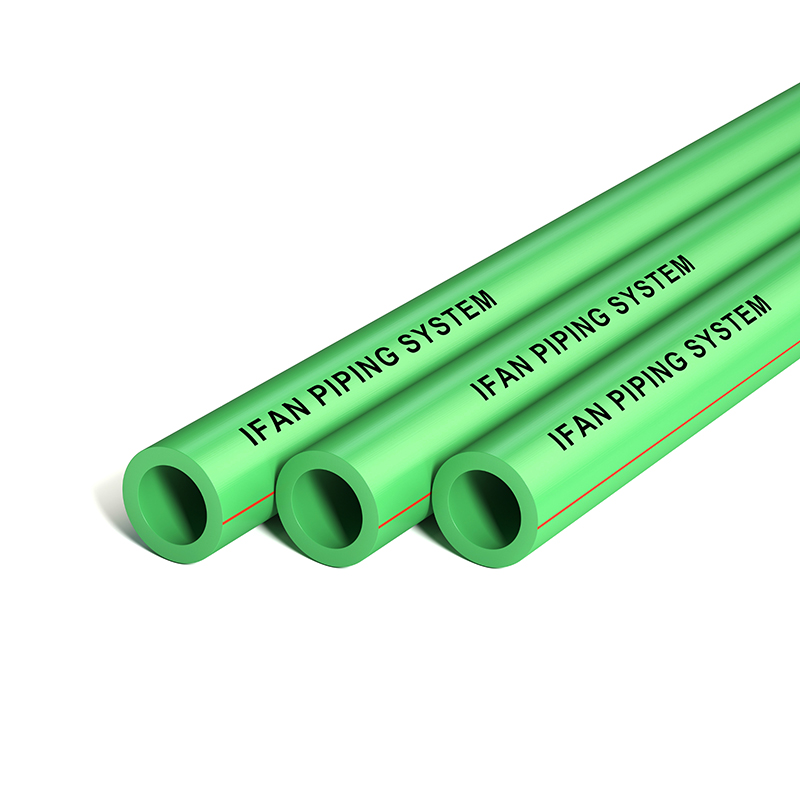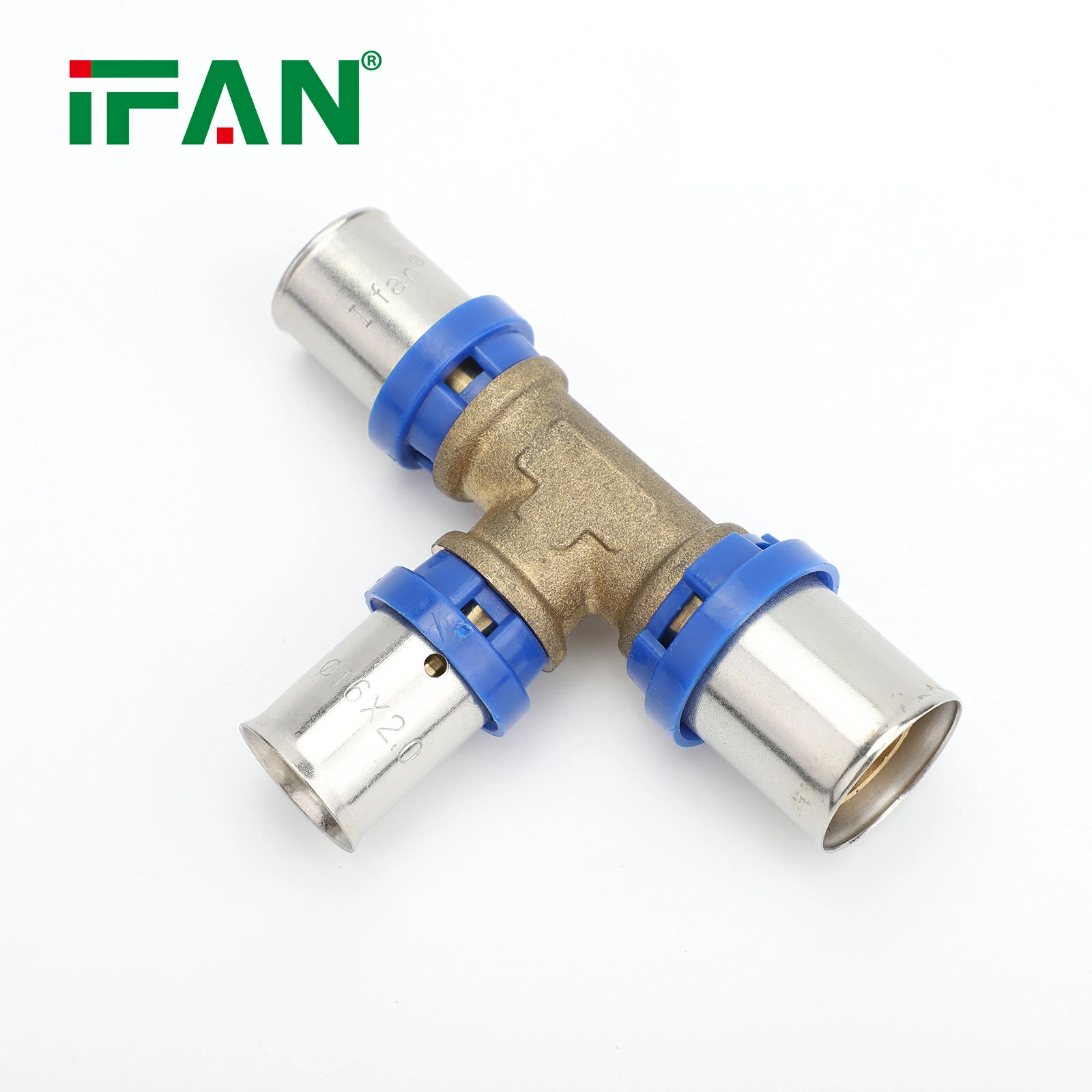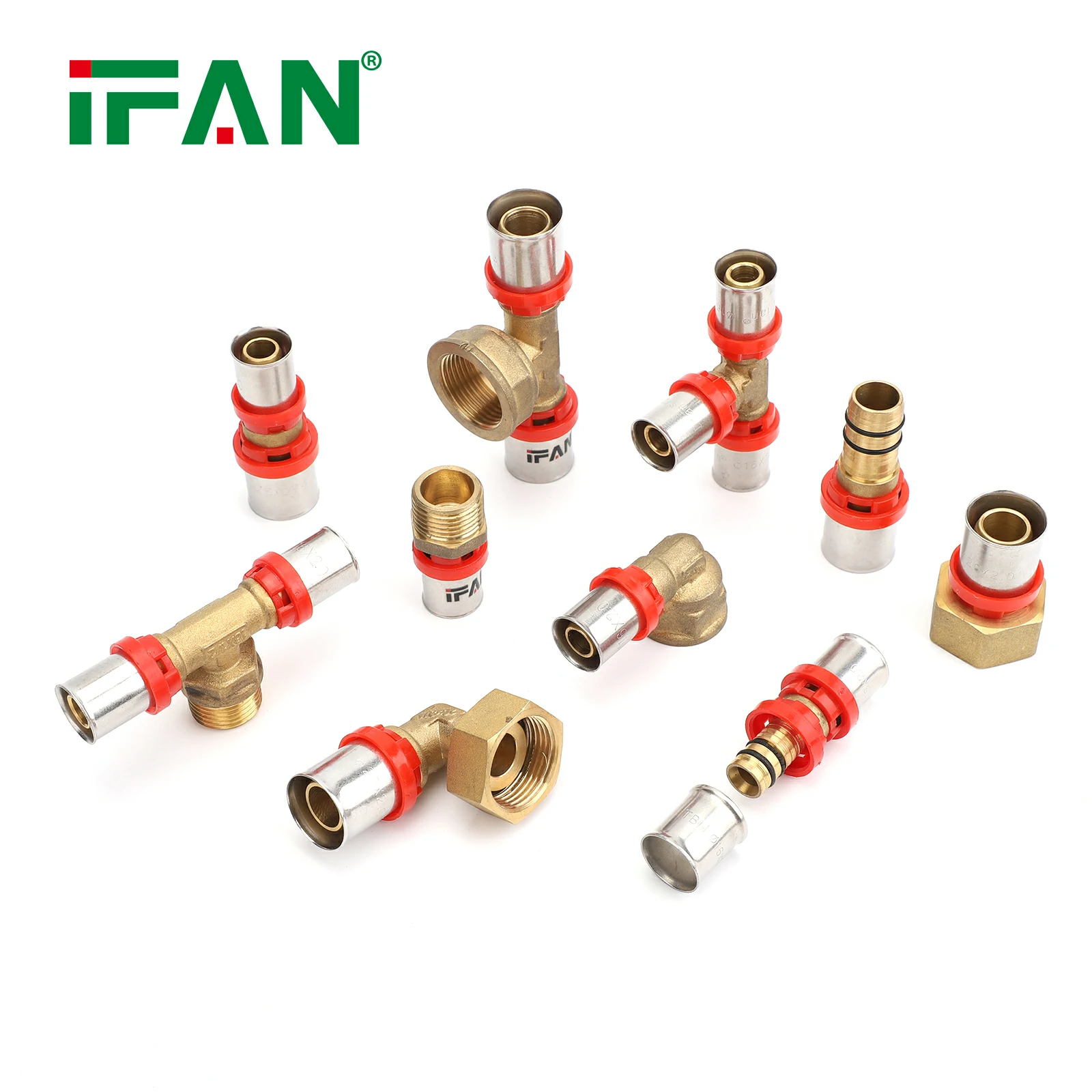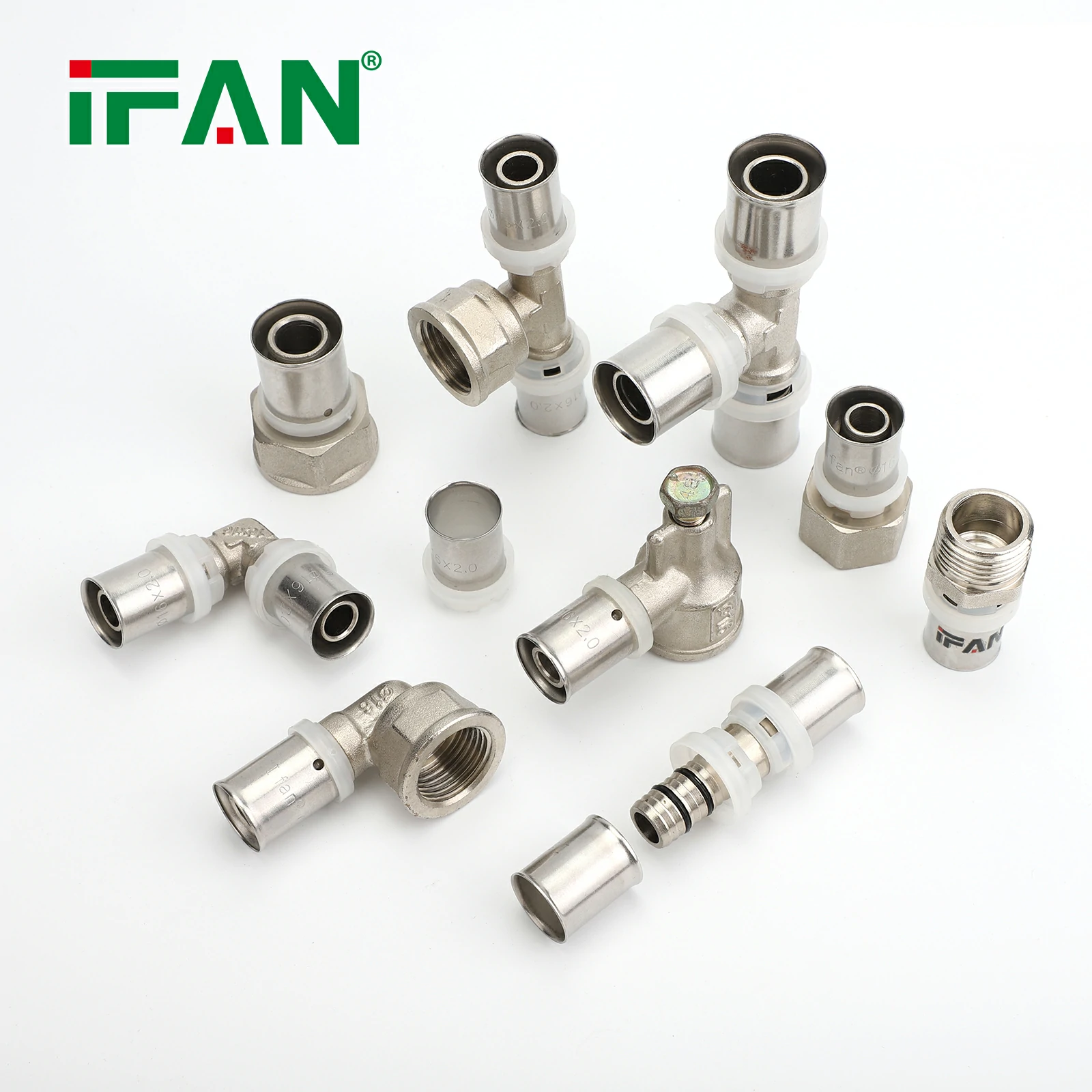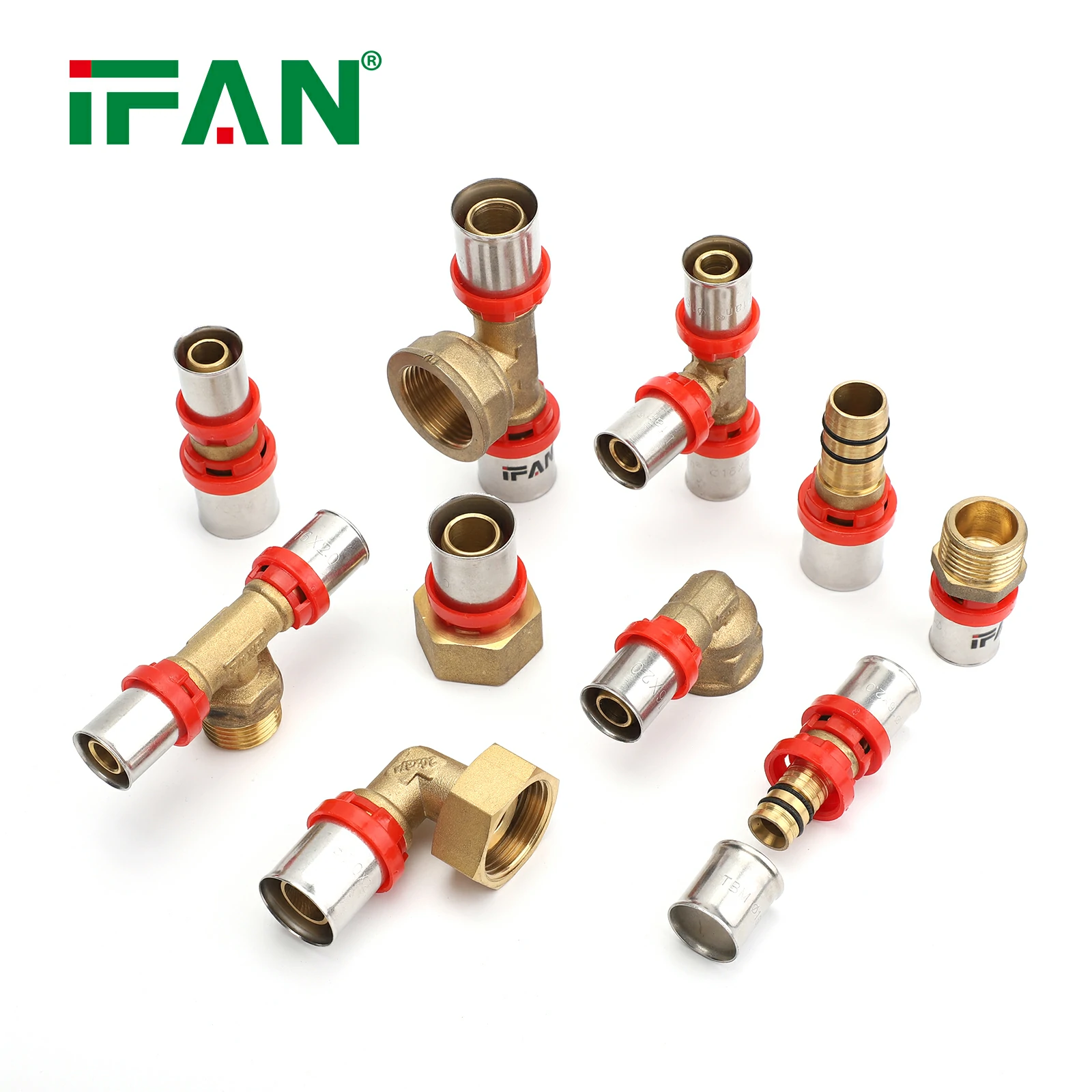PPR Pipe, PolyPropylene Random Copolymer Pipe, has emerged as a reliable and efficient solution for modern piping systems. Its unique properties and design have made it a preferred choice in various industries, including construction, water supply, and agricultural irrigation.
Material and Properties
PPR Pipe is manufactured using PolyPropylene Random Copolymer, a high-performance plastic material. This material offers exceptional resistance to heat, pressure, and chemical corrosion, ensuring the durability and longevity of the pipe. PPR Pipe is also known for its lightweight yet sturdy construction, making it easy to handle and install.
Types and Sizes
PPR Pipes are available in various types and sizes to cater to different applications. They are commonly available in diameters ranging from DN15 to DN315 and can be customized to specific requirements. The pipes can be classified based on their wall thickness, pressure rating, and connection method, such as socket fusion, butt fusion, or threaded connections.
Applications
PPR Pipes find widespread applications in various industries. In the construction sector, they are used for potable water supply, drainage systems, and heating/cooling systems. Their corrosion resistance and high-temperature tolerance make them suitable for use in chemical and industrial fluid transfer systems. Additionally, PPR Pipes are also gaining popularity in agricultural irrigation systems due to their durability and ability to withstand harsh environmental conditions.
Advantages
PPR Pipes offer numerous advantages over traditional piping materials. They are non-toxic and environmentally friendly, making them a safe choice for potable water systems. Their smooth inner surface reduces the risk of blockage and allows for efficient fluid flow. The lightweight construction of PPR Pipes reduces installation costs and labor requirements. Additionally, they are easy to install and maintain, with minimal chances of leaks or failures.
Selection and Installation
When selecting PPR Pipes, it is essential to consider the specific requirements of the application, including the operating pressure, temperature range, and chemical compatibility. It is also important to choose a reputable manufacturer to ensure the quality and reliability of the product. During installation, it is crucial to follow the manufacturer’s instructions and adhere to industry standards to ensure a safe and efficient piping system.
In conclusion, PPR Pipe is a reliable and efficient choice for modern piping systems. Its unique properties and design make it a preferred material for various applications, including construction, water supply, and agricultural irrigation.
Free Sample(Click Here to Get Free Sample)
